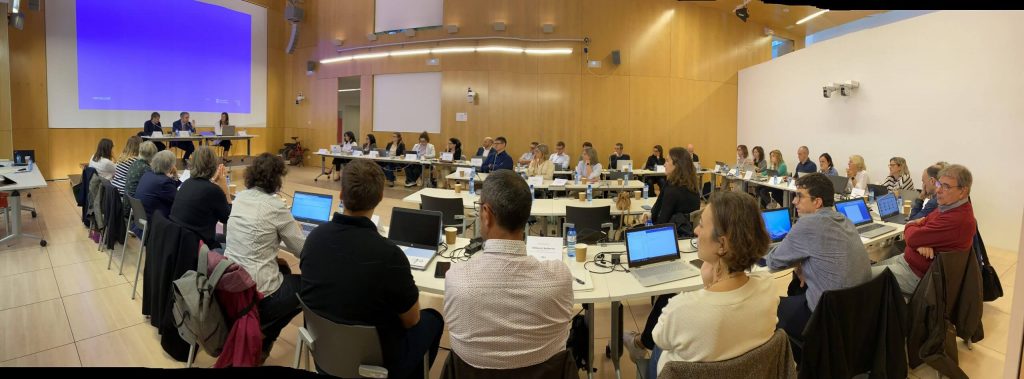The Institute I direct has recently produced a video about the most common biases that appear in the selection of female researchers in research centres.

Gender balance in research is not a whim of the progressive mindset. It means respecting female scientists who have worked as hard as men in conducting ambitious, high-level research. It is also a guarantee that we are not artificially discarding people’s talent for the absurd reason of being a woman. Maintaining a gender balance in scientific institutions will therefore speed up progress in knowledge by having better research staff. Indeed, there are as many women in research as men, if not more. The problem lies in the fact that, the higher up the scale of professional categories and responsibilities of research staff women go, the more they disappear. In other words, there are predoctoral and postdoctoral women researchers, but in more senior positions, especially the most senior scientific responsibilities, women are hard to find.
What are we doing wrong in Catalonia? The slowness in implementing gender policies in research is as bad as or worse than in other sectors. This means having women in research is still not normalised today, and may not be tomorrow. What is needed is greater involvement from the authorities and research institutions, taking specific, decisive actions. And everyone in whatever position they hold must have the sensitivity and, above all, vision to bring about the necessary changes to ensure equality in selection processes and in choosing the people in charge of research institutions.
Let me ask you a question. I am sure many of you have daughters who are still studying; so how would you like it if, when they finish their education and join the world of work, they enter a maze of gender bias that clearly undermines their career prospects? I think the answer is obvious. As citizens, when we vote, when we make decisions, when we work, we must demand and facilitate gender normalisation to make progress in our fields.
Who knows, perhaps if we had started earlier, Catalonia would already have its first Nobel Prize: a female researcher?
GenderTalent
Bruna Vives
18/11/2022
The CERCA Institute has launched ÀGORA, an unprecedented and innovative programme for the managers of CERCA centres. ÀGORA focuses on management training and strategic challenges in managing research and innovation.



